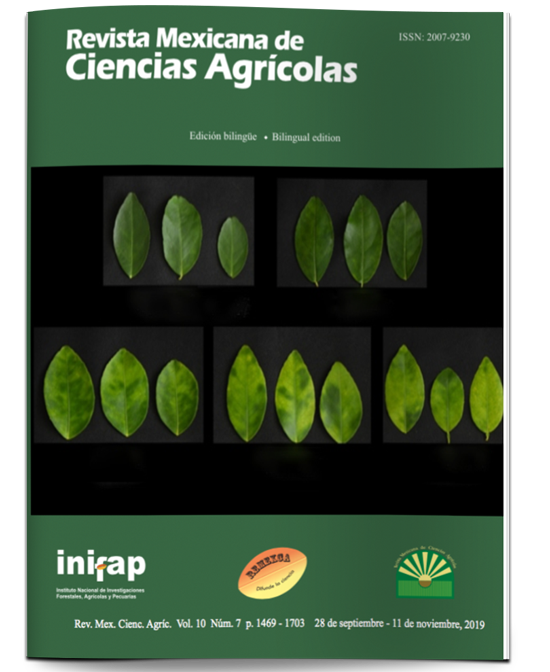The study of agricultural knowledge as an alternative for the development of coffee communities
DOI:
https://doi.org/10.29312/remexca.v10i7.2113Keywords:
ancestral knowledge, dialogue of knowledge, ethnoagronomy, ethnocience, ethnodevelopmentAbstract
Agricultural knowledge is a background of ancestral knowledge generated by peasants; through time for the optimal use of its natural resources. Nowadays, in many regions of our country, where traditional agriculture is still practiced, the use of this knowledge can be observed. Given the public policy imposed by the modernization of agriculture, through technical assistance programs, promotion of technological packages and incentives to producers, the results show that the expected development has not been achieved and the farmers are getting poorer every day. The coffee sector is in this situation, despite producing a commercial crop. The driven strategies have focused on increasing yields, for economic improvement purposes; however, for small traditional producers, it has other meanings. With the intention of explaining this situation, this document aims to analyze documentation relevant to the search for alternatives to achieve agricultural development taking into account the specific needs, resources and vision of the producers. In contrast to the hegemonic thinking of Western science, a theoretical framework was built that founded the construction of proposals taking into account the epistemologies of the south. It is based on the premise that it is possible to develop successful alternatives for the field; through a dialogue of knowledge between the holders of local knowledge and scholars of modern science, to achieve agricultural development, community or ethnodevelopment.
Downloads
Published
How to Cite
Issue
Section
License
The authors who publish in Revista Mexicana de Ciencias Agrícolas accept the following conditions:
In accordance with copyright laws, Revista Mexicana de Ciencias Agrícolas recognizes and respects the authors’ moral right and ownership of property rights which will be transferred to the journal for dissemination in open access. Invariably, all the authors have to sign a letter of transfer of property rights and of originality of the article to Instituto Nacional de Investigaciones Forestales, Agrícolas y Pecuarias (INIFAP) [National Institute of Forestry, Agricultural and Livestock Research]. The author(s) must pay a fee for the reception of articles before proceeding to editorial review.
All the texts published by Revista Mexicana de Ciencias Agrícolas —with no exception— are distributed under a Creative Commons License Attribution-NonCommercial 4.0 International (CC BY-NC 4.0), which allows third parties to use the publication as long as the work’s authorship and its first publication in this journal are mentioned.
The author(s) can enter into independent and additional contractual agreements for the nonexclusive distribution of the version of the article published in Revista Mexicana de Ciencias Agrícolas (for example include it into an institutional repository or publish it in a book) as long as it is clearly and explicitly indicated that the work was published for the first time in Revista Mexicana de Ciencias Agrícolas.
For all the above, the authors shall send the Letter-transfer of Property Rights for the first publication duly filled in and signed by the author(s). This form must be sent as a PDF file to: revista_atm@yahoo.com.mx; cienciasagricola@inifap.gob.mx; remexca2017@gmail.
This work is licensed under a Creative Commons Attribution-Noncommercial 4.0 International license.



